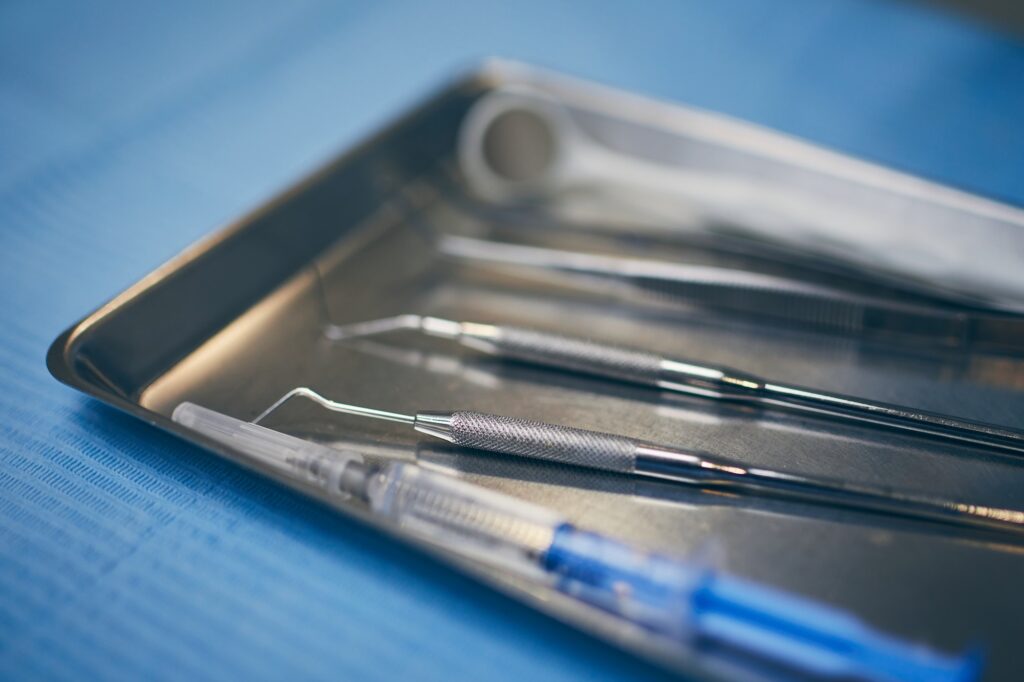Frenectomies
A frenectomy is a surgical procedure to remove or modify a frenum, a band of tissue that connects the lips to the gums or the tongue to the floor of the mouth.

A frenectomy is a surgical procedure to remove or modify a frenum. A frenum is a band of tissue that connects two areas of the mouth; the lips to the gums or the tongue to the floor of the mouth.
There are two main types of frenectomies: labial frenectomies and lingual frenectomies. Labial frenectomies are performed to release a tight frenum that is causing problems with the upper or lower lip. Lingual frenectomies are performed to release a tight frenum that is causing problems with the tongue.
An oral surgeon will perform a frenectomy in the office under local anesthesia. The procedure usually takes about 15-30 minutes.
- In a labial frenectomy, the oral surgeon will make a small incision in the gum tissue where the frenum attaches to the lip. The frenum will then be removed with a scalpel or surgical scissors.
- In a lingual frenectomy, the oral surgeon will make a small incision in the gum tissue where the frenum attaches to the tongue. The frenum will then be removed with a scalpel or surgical scissors.
In some cases, the oral surgeon may use sutures to close the incision. However, most of the time, the incision will heal on its own without the need for stitches.
After a frenectomy, you may experience some pain and bleeding. However, this is usually mild and can be managed with pain medication. You will also be given instructions on how to care for your mouth after the procedure.
If you are considering a frenectomy, talk to your dentist about the risks and benefits of the procedure. They can help you decide if a frenectomy is right for you.
Here are some of the benefits of a frenectomy:
- Improved speech: A frenectomy can help to improve speech in people who have a tight frenum that is pulling the tongue down.
- Improved tongue mobility: A frenectomy can help to improve tongue mobility in people who have a tight frenum that is restricting the movement of the tongue.
- Improved dental care: A frenectomy can help to improve dental care in people who have a tight frenum that is making it difficult to brush and floss their teeth.
If you are experiencing problems with a tight frenum, talk to your dentist or oral surgeon. They can assess your frenum and recommend the best course of treatment for you.
